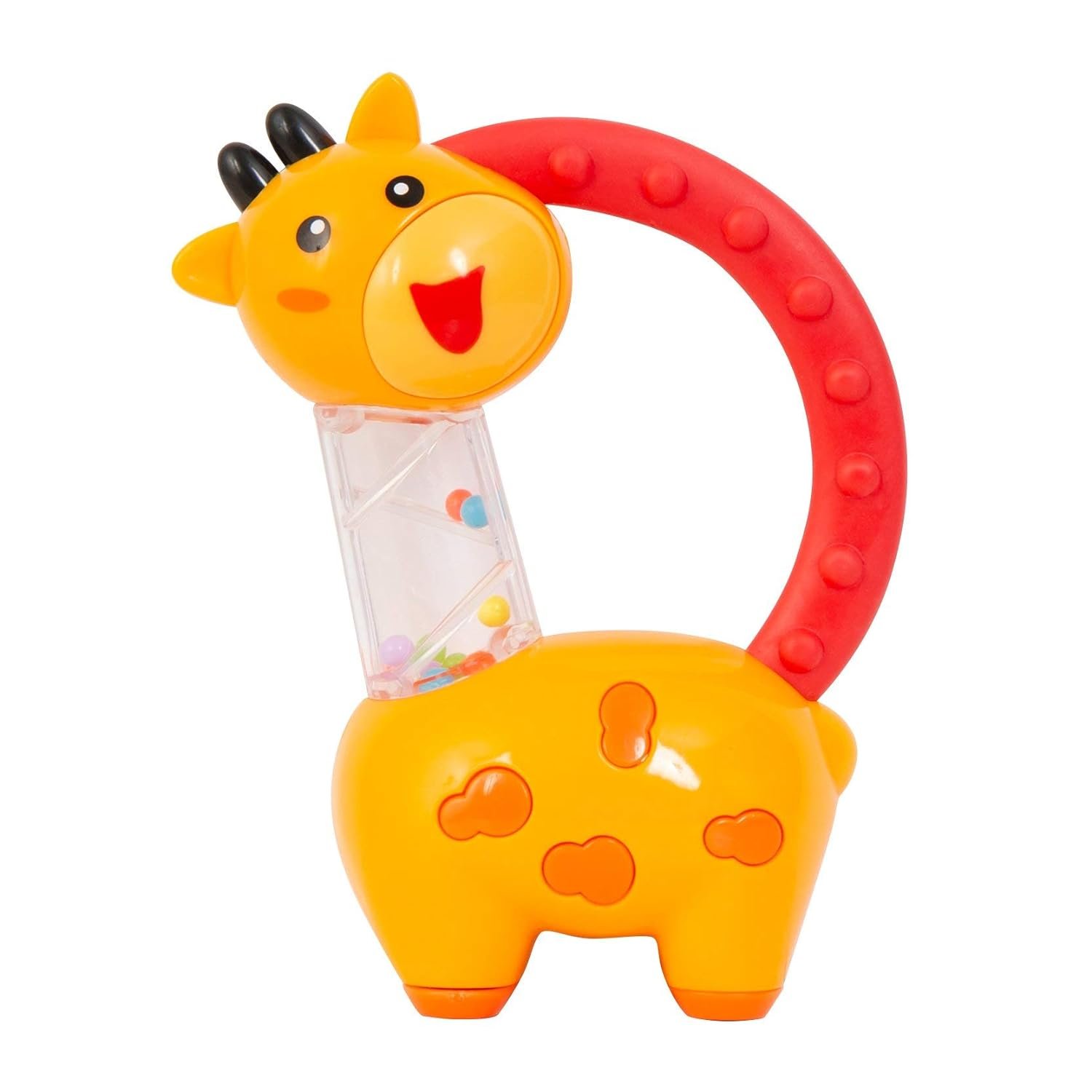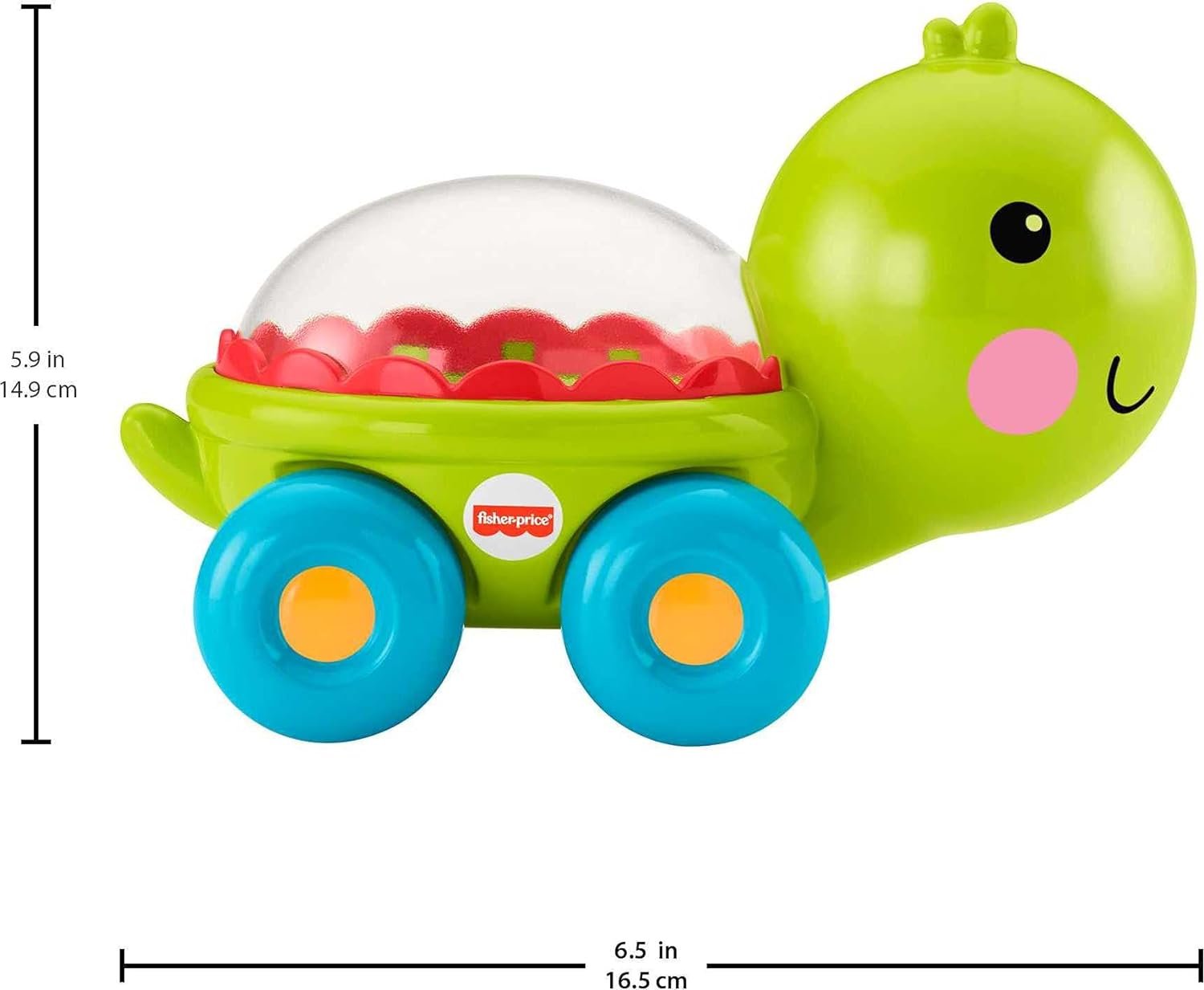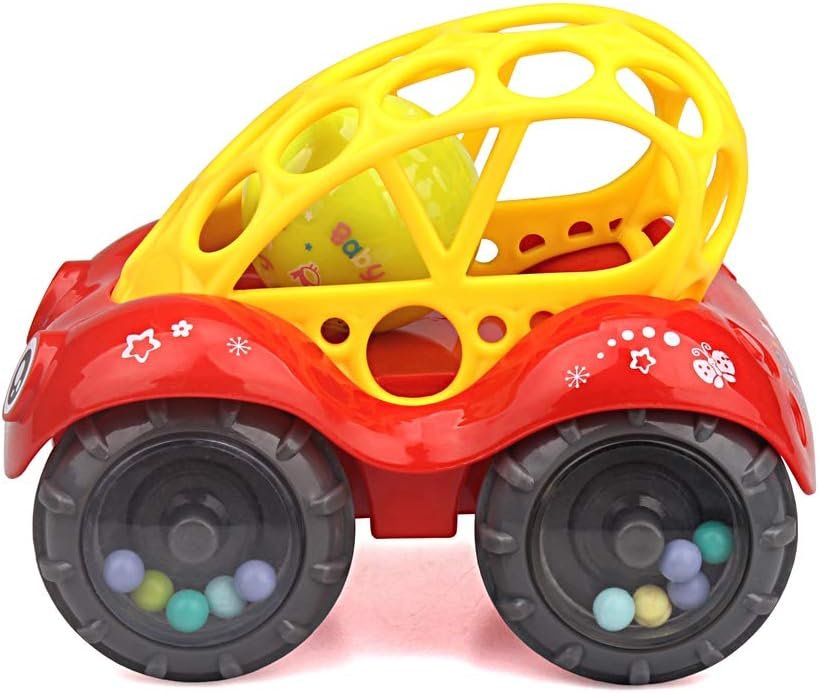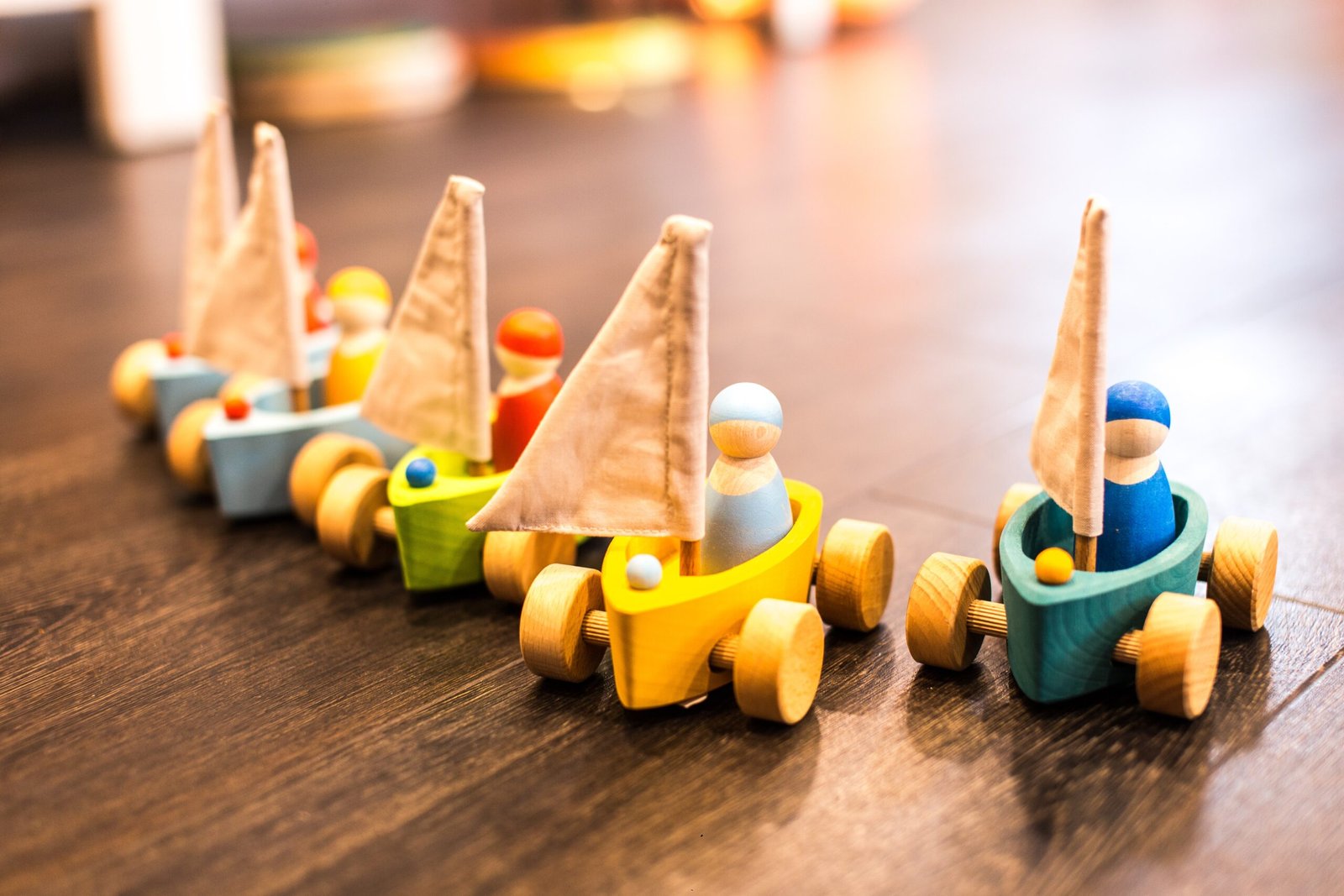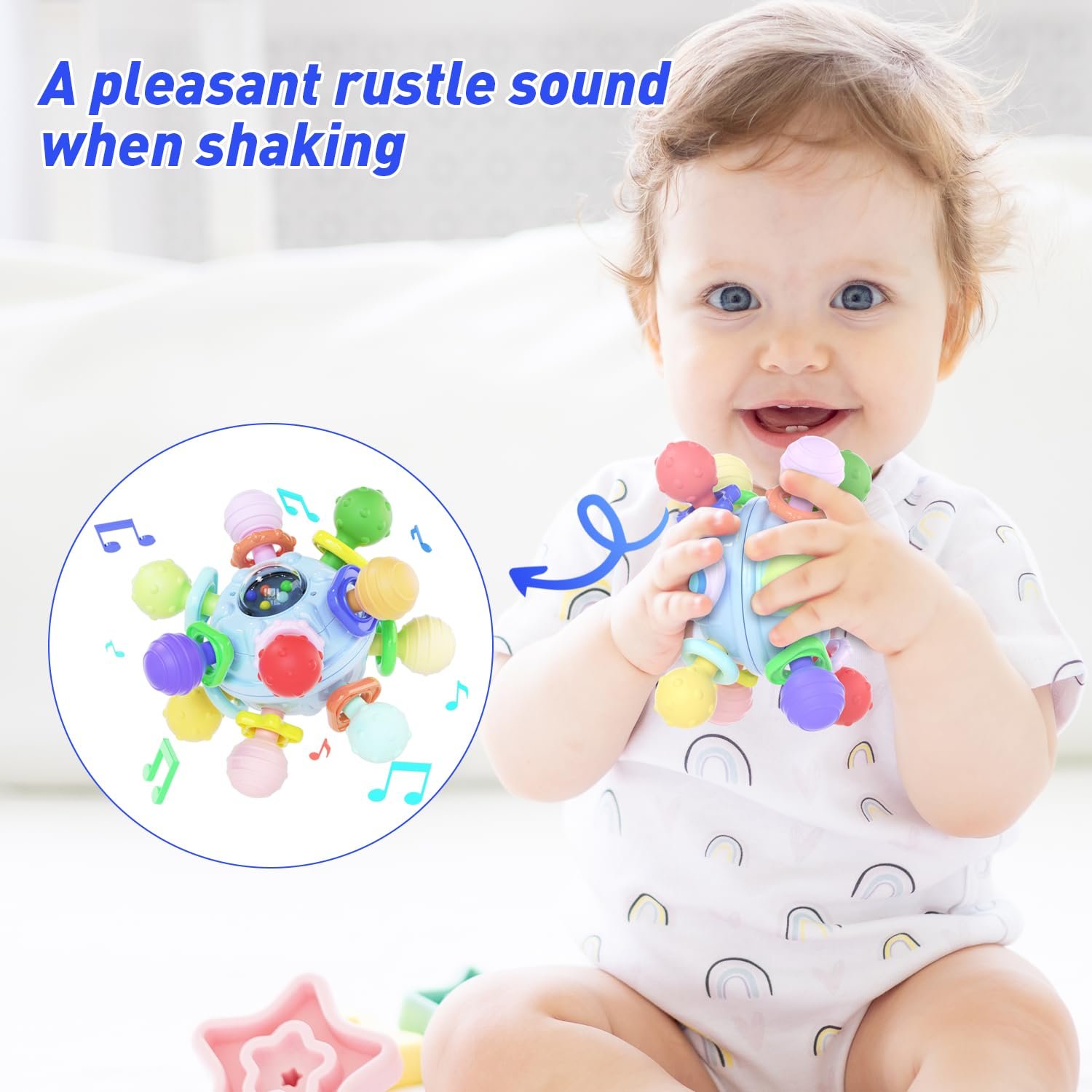The article “Learn By Failing: Teaching Your Child How To Deal With Failure” discusses the importance of allowing children to experience failure and the valuable lessons that can be learned from it. Many children struggle with accepting failure and may feel frustrated, sad, or ashamed as a result. However, failure is an essential component of success, as it teaches courage, problem-solving skills, strength, and wisdom. By helping children understand that it is okay to fail, parents can provide them with incredible opportunities for growth and development. The article also highlights the negative consequences of rescuing children from failure, as it can hinder their ability to overcome challenges independently in the future. Instead, parents are encouraged to equip their children with a growth mindset and provide them with the necessary support to navigate failure effectively.
Read more about the latest articles
Why Is Learning by Failing Important?
Failure is an integral part of the learning process. By experiencing failure, individuals have the opportunity to learn from their mistakes and grow. This is especially true for children, as they navigate through the challenges and new experiences of life. It is crucial for parents and caregivers to support children in dealing with failure and understanding its importance in their overall development.
When children fail, they are presented with valuable learning opportunities. They can reflect on their actions and decisions, analyze what went wrong, and identify areas for improvement. Through this process, they acquire knowledge and develop problem-solving skills that can be applied in future situations. Failure also instills resilience, as children learn to persevere and bounce back from setbacks. Additionally, it cultivates compassion and humility, as they gain an understanding of their own limitations and the struggles faced by others.
Why Rescuing Children Does More Harm Than Good
Many parents have a natural inclination to protect their children from making mistakes or facing failure. However, constantly rescuing children from failure can have unintended negative consequences. By shielding them from failure, parents inadvertently communicate a lack of belief in their children’s abilities. This can negatively impact their self-confidence and overall well-being.
Rescuing children from failure also sets them up for future failure. Eventually, children will encounter situations where they won’t have someone to swoop in and save them. If they haven’t learned how to navigate failure in their early years, they may lack the necessary skills to persist, overcome obstacles, and be independent. Allowing children to experience failure is essential for their growth and development.
Read more about the latest articles
How To Talk to Your Child About Learning By Failing
While it is important to allow children to experience failure, it is equally important to provide them with support and guidance. Parents can facilitate their child’s understanding of failure and help them embrace it as a learning opportunity. Here are some strategies to help parents talk to their children about learning by failing:
1. Teach Them a Growth Mindset
Parents can teach children to develop a growth mindset, where failure is seen as a stepping stone to growth and learning. This mindset frames failure as an opportunity for improvement rather than a reflection of one’s capabilities. Parents can engage in conversations with their children after a challenge or mistake, discussing what went wrong and how they can fix it. By focusing on strengths and brainstorming solutions, children can develop a positive outlook towards failure.
2. Let Them Experience Failing
Parents should resist the urge to swoop in and rescue their children from failure. Allowing children to experience small failures, such as tying their shoelaces or making themselves a snack, helps them build resilience and self-esteem. While it may be difficult to witness their struggles, supporting them through these experiences can empower children to handle challenges and learn from their mistakes.
3. Don’t Rush Their Feelings About Failing
It is natural for children to feel uncomfortable and even distressed when they fail. However, it is essential for parents not to rush in and fix things for their children. Allowing them to experience and process their emotions is crucial for their emotional development. While offering comfort and support, parents can also help children develop problem-solving skills and tools for self-regulation.
4. Be Open About People Who Learn By Failing
Parents can share personal stories of failures and how they overcame them, as well as highlight examples of famous individuals who have learned from their failures. This can help normalize failure and demonstrate that everyone makes mistakes. By making failure a topic of discussion, parents can create an environment where children feel comfortable embracing failure as part of the learning process.
In conclusion, learning by failing is essential for a child’s growth and development. Parents play a crucial role in supporting their children through failure and teaching them how to navigate setbacks. By fostering a growth mindset, allowing children to experience failure, acknowledging their feelings, and highlighting examples of successful individuals who have learned from failure, parents can help their children develop resilience, problem-solving skills, and a positive attitude towards failure.









